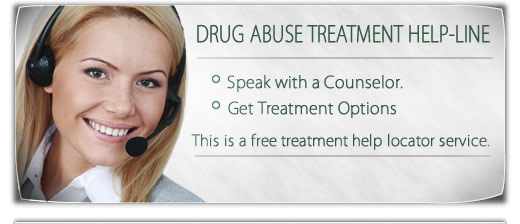A study at the University of Wisconsin has shown that as many as one in five college students have abused the psychostimulant Ritalin or a similar drug like Adderall. Though both drugs are very commonly prescribed -- over 7 million children consume over eight tons of Ritalin every year in the United States -- they can both have deadly side effects, similar to those of cocaine and methamphetamine.
With the ability to help sustain concentration, increase energy and the fact that they are readily available, Ritalin is gaining great popularity among college and graduate school students who lack motivation and energy long nights of cramming. It is also becoming popular party drugs on some college campuses and high school scenes. Students bring crushed up Ritalin and snort it for quicker and stronger effects. However, the abuse of Ritalin can lead to serious sleep deprivation in a demographic group that is already very sleep deprived.
The abuse and misuse of Ritalin on college campuses is on the rise and of serious concern. There are many misconceptions that people have about the effects of Ritalin and studying. There have been reports of students who have taken Ritalin and actually done worse on the exam because they could not concentrate or focus on the test.
"I'd take six, seven, eight pills at a time," said Jacob Stone, a high school student at Sobriety High, a drug treatment school in Minneapolis, who used to abuse Ritalin. "I'd snort them. Along the way, I knew a couple who would melt them down and shoot them up." "I know people that stay up for days off Adderall or Ritalin, and it does the same thing as coke," said Abby Neff, another Sobriety High student who abused Ritalin.
Seventeen-year-old Carly Hardy-Fanta has been fighting drug addiction since she was 12. She's used marijuana, cocaine, ecstasy and--RITALIN. "A lot of the people I hung out with who smoked weed also had prescriptions for Ritalin, and they would hand it out--give it to you for a dollar a pill if that much," says Carly.
"It's not like smoking a joint and you have the smoke in your clothes or drinking a beer and you can smell it on your breath," says Carly. "You swallow the pill or put it up your nose and go home and your parents have no idea what you are doing."
"I have known parents who said they took the Ritalin prescribed for their child themselves, or gave it to their other children, 'just to see if it helps,' " Lynda S. Madison, an associate professor in pediatrics and psychiatry at Creighton University Medical School in Omaha, Neb.
Students commonly buy Ritalin from their piers who have legal prescriptions for it. Most are unaware of the possible side effects that rival cocaine. When abused, this drug can have serious and even fatal consequences.
There has been a six-fold increase in emergency room visits associated to Ritalin abuse over the past decade, according to the Drug Abuse Warning Network, which tracks drug abuse data for federal health authorities. There were 271 Ritalin-related emergency room visits in 1990 and 1,478 visits in 2001.
The results of Ritalin abuse can be serious. Last September, 10 students at Antelope Valley High School near Los Angeles were hospitalized for overdosing on Ritalin during school hours. Police arrested a 14-year-old female student who was accused of supplying them.
According to the Drug Enforcement Administration, Ritalin is on the top ten list of stolen prescription drugs. Now Congress has authorized an investigation to determine just how big the problem is. Besides the physical consequences of Ritalin abuse on the user's body, it is a Schedule II Controlled Substance under the federal law. There are severe felony consequences if one is caught selling Ritalin or stealing it from a pharmacy, which could result in a prison term of up to 45 years, and a fine of up to $10,000.
Because stimulant medicines such as Ritalin do have potential for abuse, the U.S. Drug Enforcement Administration (DEA) has placed stringent, Schedule II controls on their manufacture, distribution, and prescription. For example, DEA requires special licenses for these activities, and prescription refills are not allowed. States may impose further regulations, such as limiting the number of dosage units per prescription.
